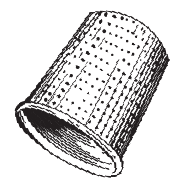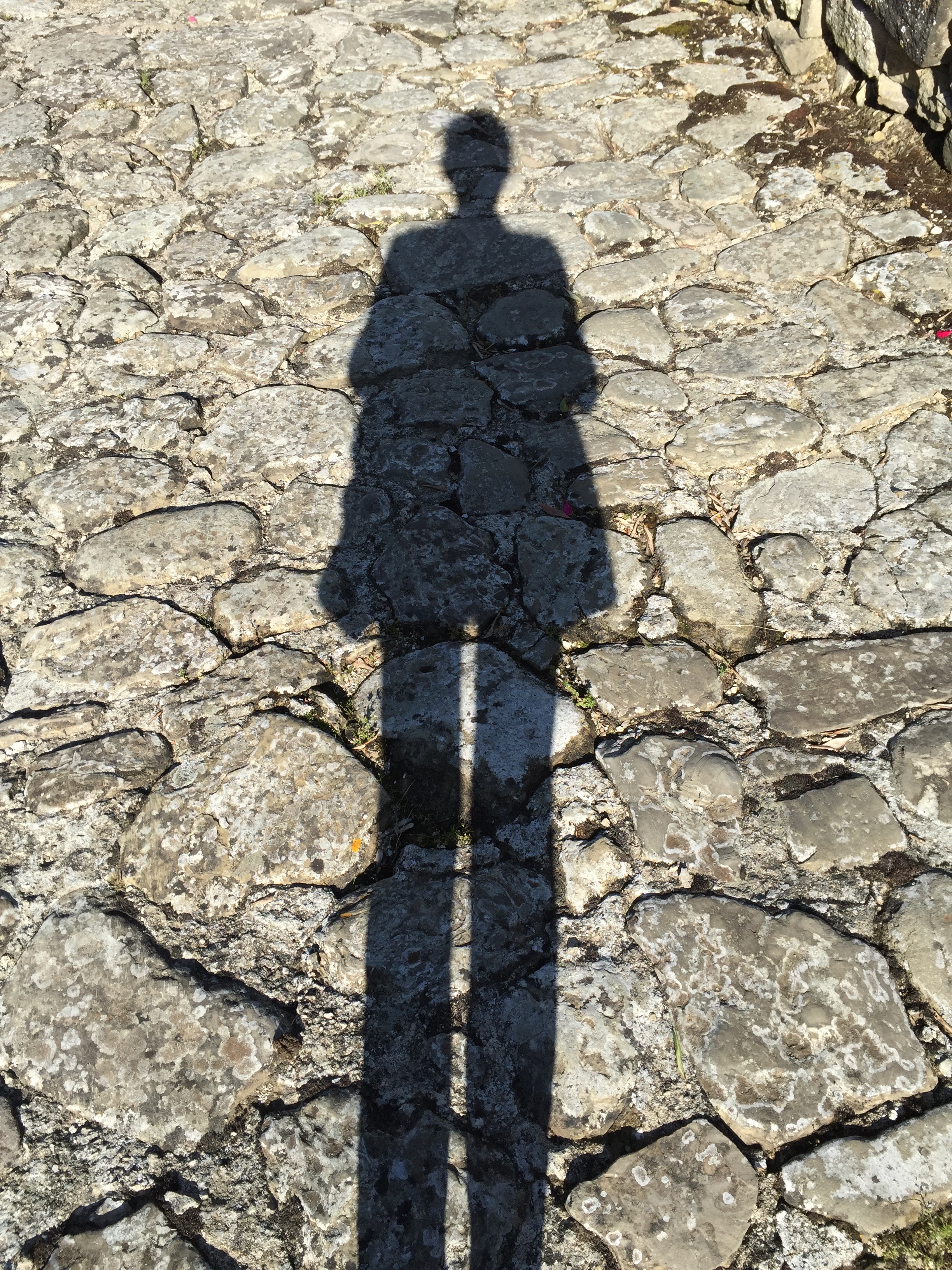Kristine didn’t get it, why he was shouting contradictory directions at the child—run right, run left—for no good reason. And the boy’s confusion, as he turned from one direction to another, so visceral that even on the sidelines she could feel it. She looked at the mother next to her, Vince’s mother, and just beyond her the boy’s mother, who was animatedly telling Vince’s mother about her new kitchen floor. The tile color, the tile texture, the months the order took to arrive.
What was the boy’s name? She couldn’t recall. A redhead, a pistol off the field, but faltering now.
Look, she wanted to say, as the two women became aware of her and turned to include her in the conversation. But she didn’t want to talk kitchens. All she could think was, Look at what’s happening to your son, your child, fragile in his ten-year-old body.
The boy stood still, his arms hanging rigidly at his sides.
The coach waved his arm while simultaneously pushing another boy to take the redhead’s place.
Frozen near the one goal, the boy shook his head, glanced towards the mass of boys and the ball at the other end of the field, and began to run.
“Your son,” she said, tentatively, trying to keep an eye on her own boy, bouncing up and down in excitement.
The woman looked, “Philip. What has he done now?” But her question didn’t seem to require an answer, and she looked back at Vince’s mother. “Now we’re waiting for the cabinets to arrive. I have to decide on the fixtures for those.”
Kristine stepped away from them, edged down the sideline towards the coach, who had begun to yell again, “C’mon, come here. Now.” He pointed at the ground, the spot at his side where he wanted the boy to stand, where the sub now stood.
“Philip, do what he’s telling you,” shouted Philip’s mother, momentarily torn from the question of brass versus pewter.
Kristine shook her head, and Philip seemed to see her, to focus on her, and she shook it again. Hold your ground, she thought, wishing the words his way.
Behind her, Philip’s mother repeated herself, and Kristine crossed her arms. Philip did, too.
“Damn it, Philip, get over here.” The coach was squeezing the substitute boy’s shoulder, as the kid tried to wriggle away.
Philip’s mother moved to Kristine’s side. “Honestly,” she muttered. “He just does what he wants.”
Philip bunched in with the other kids who awaited the penalty kick. Kristine’s son readying himself, shaking his foot as if that would ensure a goal.
The coach fumed.
“He’s a pain in the ass,” said the mother.
“It’s not him. This new coach sucks. He’s confusing him. Telling him run this way, run that,” said Kristine, more harshly than she’d intended.
“What?” The woman looked startled.
But Kristine’s attention was on her own son. She crossed her fingers then looked at Philip, whose back was turned towards her and the coach and his mother. She remembered her swimming coach standing at the end of the pool, telling her to pull harder with her right and, on the next lap, to pull harder with her left, so that she felt lopsided, uncertain about her stroke and the headway she was making, rebellious. She’d switched to the breaststroke, unwilling to do anything the man wanted her to do, but that had only brought on cries that followed her down the pool.
“He gave him poor direction, then got angry at him for being confused. He’s a lousy coach. You should support your son,” she said angrily to Philip’s mother, recalling her own father’s insistence that she was stubborn, contrary. Her mother nodding agreement during the car ride home as her father told her if she didn’t get her act together, she wouldn’t be able to be on the swim team anymore.
She walked down the sideline, Philip’s mother going back to talk to Vince’s mother, speaking animatedly, probably not about the new kitchen. She glared at Kristine.
“Now,” yelled the coach, impotent and furious.
“Do what your father says!” screamed Philip’s mother.


